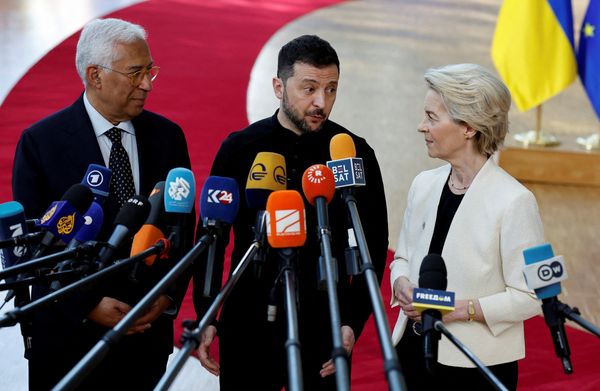A warning has been issued over rising energy-related scams as the price cap increases.
Councils have reported a spike in scams. It is the nature of this kind of fraud that it doesn't need to be isolated in one area and can affect people all over the UK
With people's budgets already stretched the last thing they need is to be conned out of their hard earned cash. Even though you may be able to get this money refunded it can have a serious impact on wellbeing beyond merely the money that is lost. Birmingham Live has collated some of the most common scams circulating at the moment.
Read more: Covid inquiry chair details how her detailed investigation into the pandemic will work
Council tax energy rebate scam
Scammers call households asking for bank details to qualify for the government’s £150 energy rebate. The scammers claim to be associated with the council, explain a refund is due and ask for bank details to pay out the £150 rebate.
Those who fall foul of this scam find that large sums of money have been deducted from their bank accounts shortly after the call. With lots of people in Wales eligible for the council tax rebate this is one to look out for.
Ofgem energy scam
Scammers contact you pretending to be from Ofgem suggesting you switch and then ask you for your bank details. These are energy scams and Ofgem never sell you energy, ask for personal information or come to your home. Further information can be found on Ofgem’s website including information about how to report a scam.
E.ON energy scam
Action Fraud, the UK’s national reporting centre for fraud and cybercrime, has reported that scammers have sent fake emails, known as “phishing”, to consumers purporting to be from E.ON. The email states the recipient is owed an £85 refund due to an overcharge. This email has a link to a genuine looking website but is designed to steal personal details. Further information about this scam and the phishing emails can be found on the E.ON website here.
If you think you’ve been a victim of a scam or know someone else who has, you can contact the Citizens Advice consumer helpline on 0800 144 8848 for advice; there is further information on their website on how and to who scams should be reported.
Friends against Scams is a National Trading Standards scams team initiative which aims to protect and prevent people from becoming victims of scams. Information on this initiative can be found here.
Help is also available from Ofgem ofgem.gov.u k, WHICH? which.co.uk, ON Energy UK www.eonenergy.com.
Read more:
- Children grow up in poverty in the shadow of Wales' greatest wealth
- 'Inexplicable' Welsh Government scraps independent housing body
- Global heating: The terrifying fate of the planet and everyone who lives on it that is now 'irreversible'
- The massive amount of money about to be spent in Wales to try and tackle flooding caused by climate change
- Covid inquiry chair details how her detailed investigation into the pandemic will work







